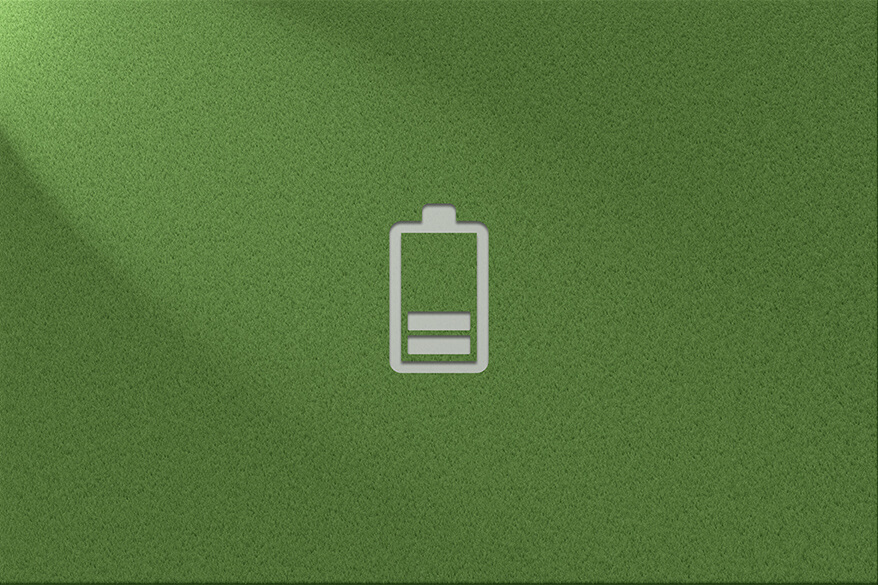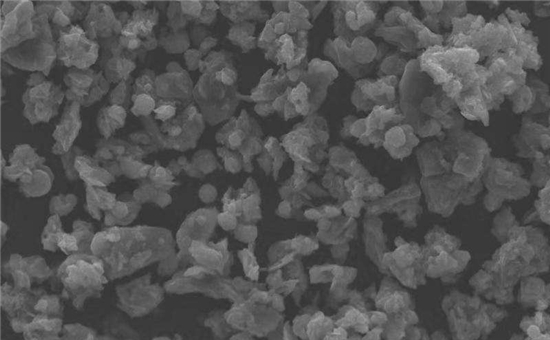Lithium Deep Cycle Batteries for Solar
Mar 30, 2020 Pageview:1339
Lead-acid deep cycle batteries are the most dominant when it comes to renewable energy storage. However, Lithium deep cycle batteries are being adopted for the same role at a very fast rate. Lithium batteries have a higher upfront cost but with very little costs in maintenance. They are also more durable than Lead-acid batteries. This means you won't have to replace them frequently like you would for Lead-acid batteries.
Lithium batteries are also safer and can operate at very low temperatures without affecting the capacity of operation. These batteries can also tolerate up to 100% depth of charge without affecting the overall performance and efficiency of the battery. On the other hand, the depth of charge for lead-acid batteries is between 50 to 59%. In this article, I am going to share with you everything you need to know about Lithium deep cycle batteries and whether they are a good option for solar energy storage
What are the best deep cycle batteries for solar?
If you are planning to install or you have already installed a solar energy system in your house, one of the most significant choices you'll make will be choosing the best battery technology to use for storing energy from the solar panels. There are several battery technologies to choose from but the commonest ones used today are lithium and lead-acid batteries. Choosing between the two will depend on a couple of factors that include the following;
Upfront cost: You should already be knowing the budget for your solar project and how much you are willing to invest in the battery. Lithium batteries have a higher upfront cost compared to lead-acid batteries. Good lithium batteries range between $5000 to $10000. On the other hand, you can get a deep cycle lead-acid battery for as low as $1500. So, if you don’t intend to spend a lot on a battery, then a lead-acid battery will be your obvious choice.
Maintenance cost: Lithium deep cycle batteries require minimal or even no maintenance during their lifetime. On the other hand, Lead-acid batteries need regular maintenance that leads to higher maintenance costs in the long run. If you want to avoid the maintenance costs, then lithium batteries should be the batteries you choose.
Durability: Lithium batteries are also more durable than lead-acid batteries. They have up to 5000 charge cycles whereas lead-acid deep cycle batteries have up to 1500 charge cycles. So, if you intend to use the batteries on along term basis, the most economical choice should be lithium.
Overall, lithium deep cycle batteries have an edge over the lead-acid deep cycle batteries in many areas. However, you will need to pay more to enjoy those advantages. That's why lithium batteries are mainly recommended when one wants to have the solar system on a long-term basis. If you don't intend to use the system for the long term, then you can opt for the cheaper option of lead-acid deep cycle batteries.
Are lithium deep cycle batteries good for solar?
Without a doubt, lithium deep cycle batteries are the perfect choice for energy storage in a solar system. However, the lithium battery technology used for solar energy storage is Lithium iron phosphate. These are different from the lithium-ion batteries used in portable electronic devices like smartphones. Lithium iron phosphate (LiFePO) batteries have a different form of chemistry and physical properties that give them the capacity to be deeply discharged in a short period but also remain efficient for a couple of years. They can also withstand higher temperatures than the normal lithium-ion batteries.
Like I have earlier discussed, these batteries also have more advantages over Lead-acid batteries. You should generally expect more efficiency and durability from a LiFePO battery than lead-acid batteries. However, you will have to part with more cash while procuring LiFePO batteries than lead-acid batteries. Lithium iron phosphate batteries are almost 3 times more expensive than lead-acid batteries.
How long does a lithium deep cycle battery for solar last?
Lithium deep cycle batteries for solar can last between 10 to 15 years depending on the environmental conditions and how well you take care of the battery in terms of charging and storage. Most lithium solar battery manufacturers like Tesla and LG give up to 10 years warranty. This should assure you that when you procure such a battery, it will work for at least 10 years before significantly dropping capacity.
The lifespan of your LiFePO battery also depends on whether you are using solar as a backup power source or if it's your fulltime source of energy. Using solar energy fulltime means you will consume more KWH of energy than someone who uses solar as a backup source of energy. A family house can consume about 20 to 30kwh of energy per day. This can be less or more depending on the number of appliances you use per day. That means if you have a solar battery of 10kwh, you'll have to discharge it at least 2 to 3 times a day for it to power up your home the entire day. With 3 charge cycles a day, it means a battery rated to give 5000 cycles will last you over 4 years if power is consumed at 30kwh per day.
But just imagine if someone uses the battery as a backup energy source and only uses 1 charge cycle a day. Such a battery can last more than 10 years. The 10 years warranty given by most companies on their solar batteries applies to those using solar as a backup system and not as a fulltime source of energy.
Conclusion
Lithium deep cycle batteries are a good choice for solar energy storage thanks to the many advantages they have over lead-acid deep cycle batteries. Lithium iron phosphate (LiFePO) batteries are the ones used in solar energy storage and not the common lithium-ion batteries used in portable electronics like mobile phones. However, choosing lithium deep cycle batteries for your solar system means you're ready to spend some good amount of money than you would spend if you chose lead-acid batteries
For instance, the Tesla Powerwall battery costs over $7000 if you buy it with all the necessary hardware. Paying such sums of money on only the battery means you have a relatively big budget for your solar system. However, such an investment is worth it, in the long run, thanks to the efficiency, durability and very low maintenance costs of lithium batteries.
Leave Message
Hottest Categories
-
Hottest Industry News
-
Latest Industry News












